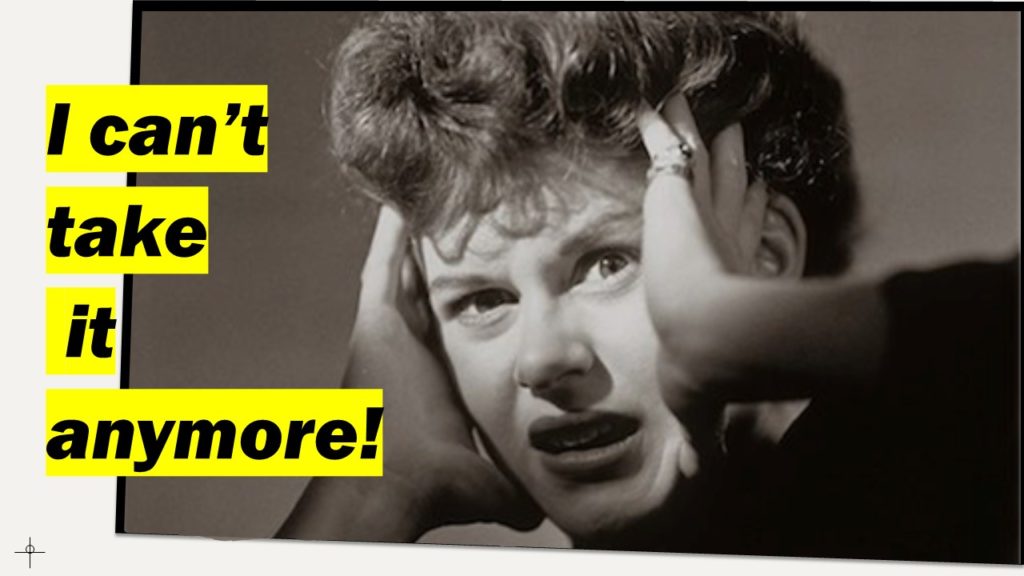I’ve often been surprised at the number of wanna-be writers attending writers groups who’ve never completed a book. They’re still “working on it”, but it remains unfinished – sometimes for years.
So in today’s post I’d like to offer some well-needed advice for those aspiring writers who haven’t finished a book yet. Maybe you’ve started a manuscript but can’t seem to finish it, or you haven’t started yet and are still thinking about it.
I think I can help with that, because I’ve finished 10 full-length books since I got serious about writing in 2007 (8 full-length novels and two non-fiction books) – while working full-time and raising a family.
Who am I to offer advice? What cheek!
Why listen to me? Who’s MJ Wahl and why should you take any advice from me? I’m not exactly a household name and I haven’t got rich (yet) from writing. I’m not independently wealthy, and I don’t have a spouse who is supporting me while I chase my dreams. I’m just a regular guy with a full-time job, lots of kids and grandkids – who loves to write.
And that’s precisely why you should listen to what I have to say, because like you I’m not a full-time writer with the luxury of having all day to think and write. Like you, I’m a regular person with a job and a life.
This post will be about how to get your book written. How to write well is an entirely different topic, and will have to wait for a future blog. For now, let’s just focus on getting it done. Then we’ll worry about the polishing. So let’s get going…
Make time each day
This first point is, I think, the most important and the reason why I’m leading with it.
The big thing here is don’t wait for some special dispensation of time. You might get lucky and be able to get a book started with some special chunk of time, but you’ll never get a book finished that way. I’ve come across lots of people who say they want to write, but are waiting until they can take a month off to sit alone in a cabin in the woods to write it (yes, I actually had someone tell me that), or some other special magical dispensation of time. It seldom happens and you’ll never be a writer that way.
To be successful at writing, you need to figure out how to write a little bit each day in the midst of your regular life. Stop looking for big chunks of special time, and carve out a little bit EVERY DAY. If you get nothing else out of this blog, this is the one thing you need to remember. This is the single best most important piece of advice you’ll ever get from me or any other writer’s advice book.
Don’t wait for special chunks of time
The most important point is to set aside a bit of time each day, even if it is only 30 minutes. The key is to keep up a regular rhythm and pace. Make time each day that impacts the people in your life the least – that way it will be easier to maintain and you’ll get fewer complaints from your significant other.
Maybe stay up late after the kids have gone to bed, or get up early before the busy-ness of the day starts. I’m a morning person, so for me getting up at 4:30 or 5 AM worked well. I’d get in a couple hours of writing before getting ready for work and my wife’s alarm went off. Often my wife didn’t even know I had a writing project on the go.
Keep up a daily pace, keep a momentum going, and avoid long gaps of time between writing sessions. Don’t wait until you ‘feel like it.’ Approach it like a part-time job – a job you have to do whether you feel like it or not.
Stop talking about it
I’ve run across lots of people who talk about that book they want to write. They can do a lot of talking, but not so much writing. These people fill writer’s conferences and clubs. Usually the people who talk the most aren’t doing it. I think sometimes such people are perfectionists. And perfectionists often won’t get around to do something because they’re afraid it won’t be perfect. So they are endlessly seeking advice and researching.
Don’t be one of those people. Stop telling your relatives about that book you’re going to write, and start writing.
Stop looking for – or needing – encouragement
If you are a real writer, you’re going to write regardless of what anyone says. If your spouse or partner or best friend is constantly having to shore up your confidence and encourage you to write, then maybe you’re not really a writer and should look at doing something else. Writing is a very solitary and often lonely enterprise. You’ll write if you want to – real writers have to write. Success and recognition, while nice, are secondary.
Re-writing and editing separates real writers from wanna-be’s
Your first completed draft will probably suck. Don’t worry about it. The important thing is that you finished it. Finishing a full-length book, even if it’s not perfect, does something for you. It re-wires your DNA and gives you a confidence you didn’t have before, because now you know you can really do it.
Now the fun really starts! Go through your MS again and start re-writing. Then re-write the re-writes until it makes you sick and you can’t take it anymore.
It’s the re-writing that separates the serious writer from the wanna-be. It’s the re-writing that turns you into a real writer. I’ve gone over and edited/re-wrote all of my books at least 10 times (seriously – I’m not exaggerating), some of them more, before publishing. Sometimes I’ve gone over a manuscript so many times I feel like I’m going to throw-up if I have to look at it one more time.
Once you’ve gone over it a number of times and it’s as good as you can make it, then find a professional editor to proof read it. Don’t even think about publishing until you’ve done this.
What I didn’t do…
I’ve talked about what I did that was right, but there were a few things I didn’t do that I think was also right and contributed to my success:
- I didn’t read ‘how-to’ books on writing. They can be a waste of time and won’t make much sense until after you’ve finished a book. You need to make the mistakes first before ‘self-help’ books can help you fix them. Finish your book first, then go back and fix it.
- I didn’t go to writers groups or conferences. I never attended a conference until after I finished my first book, and I think I got more out of it because I actually had a full-length finished book under my belt. Writer’s conferences are filled with wanna-be’s who haven’t written a book yet. You don’t want to be like that.
- I didn’t talk about it. I told almost no one that I was working on a novel. My wife was barely aware and I seldom said anything about it. I was just concerned with doing, not talking.
Wrapping it up – in a nutshell it comes to this…
I wrote every day for years, and finished 8 full-length books, while I had a job, a wife and three kids. I didn’t seek advice and I didn’t waste time running around to writer’s conferences or sitting in the local writer’s club. I just got up really early every morning and kept plugging away. If early mornings aren’t your thing, than stay up late. You might have to turn the TV off at night, but whatever, the thing is to plug at it each day.
The big thing is: find a regular time each day, even if it’s for 15 to 30 minutes, and keep at it until it’s finished. Don’t stop to edit or re-write until you’ve finished it. Then go back and do the edits/re-writes.
If you have any questions, feel free to drop me a line using my contact page.



